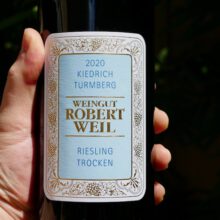
Product information
Robert Weil Kiedrich Turmberg Riesling Trocken 2021
$104
Description
Delicious again their seems to be a lift in the flow shape and texture, elegance and refinement here for Weil. Stunning wine. Richness and delicacy. Chalky acid phenolic complex. Fine elegant delicious. Fine acid. Perfumed white flowers. Power of fruit with weightlessness. Soft acid. The most exceptional lime cordial fruit. More delicacy and white flowers. Each of these wines would stand beautifully on its own.
“The 2021 Kiedrich Turmberg Riesling Trocken is pure and coolish on the intense and concentrated nose. From phyllite slate soils, this is a full-bodied, intense and salty-piquant, highly stimulating Riesling with lots of energy, phenolic grip and mineral tension. With fine tannin structure, the massive and concentrated body and fruit lead to a long and intense, aromatic finish. Long but still shy and still somewhat coated. Bottled at the end of June. 13% stated alcohol. Natural cork. Tasted in July 2022.”
Stephan Reinhardt, The Wine Advocate 93 Points
As with all of the Weil 2021’s I suspect Reinhardt would be lifting his scores if tasted today, May 2023.
In stock






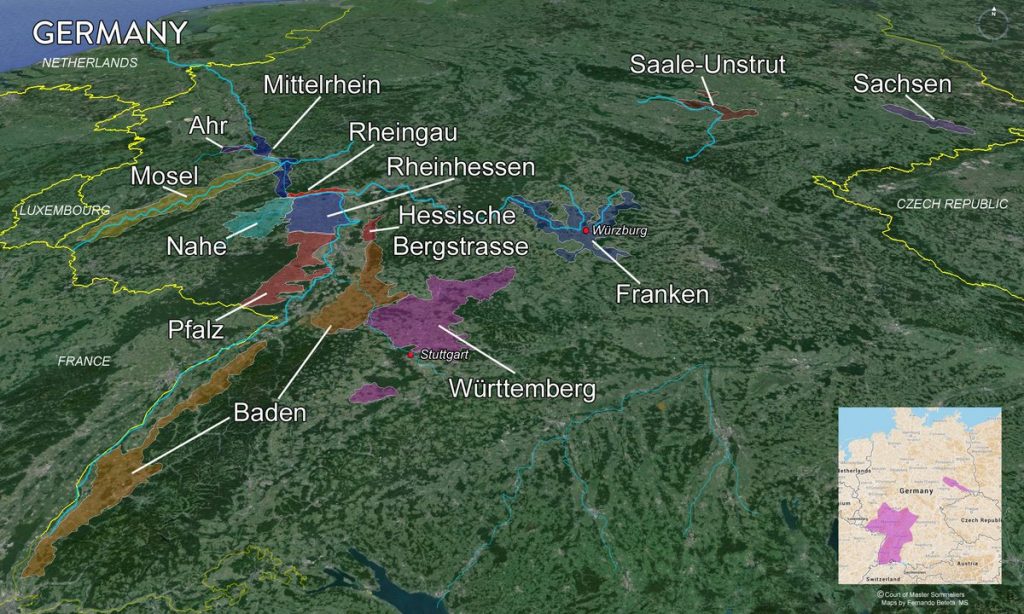
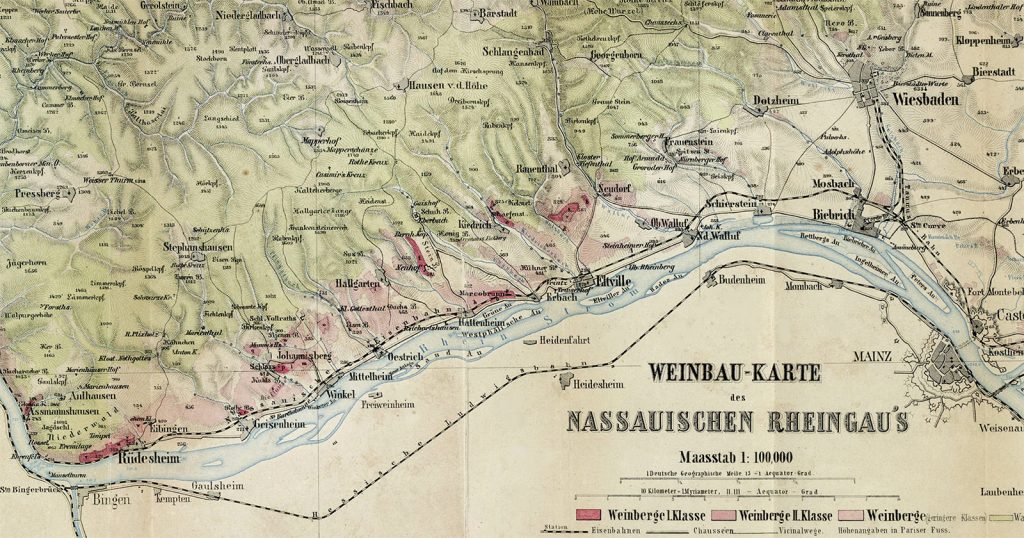
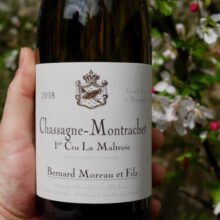
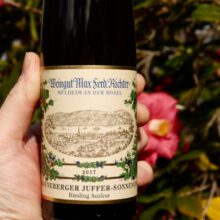
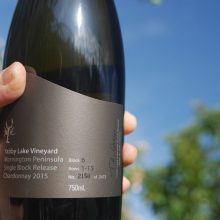

You must be logged in to post a comment.